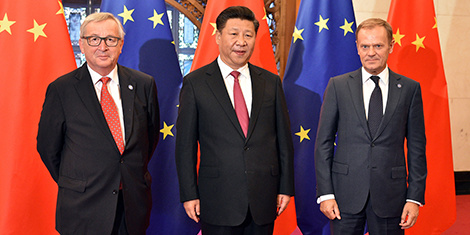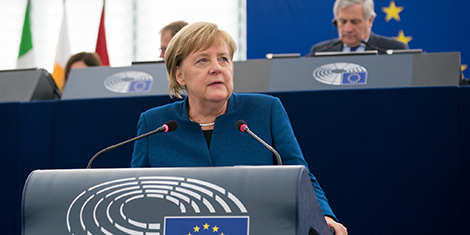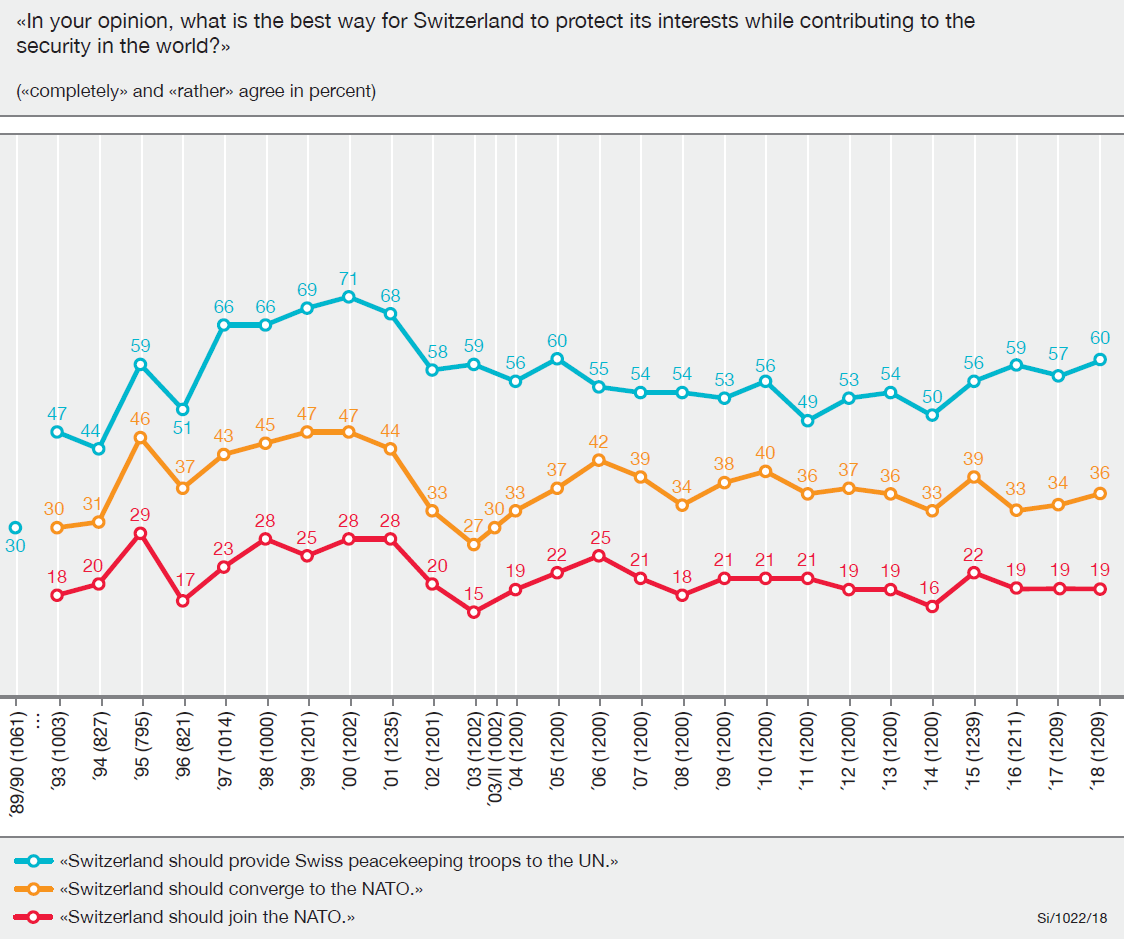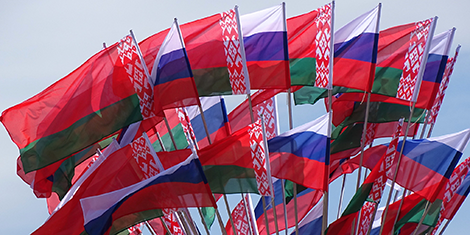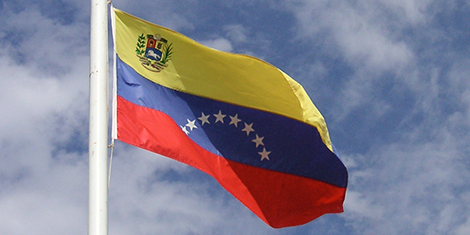
This article was originally published by Political Violence @ a Glance on 1 February 2019.
It took only minutes for the Trump Administration to support Venezuela’s opposition leader, Juan Guaidó, when he challenged the nation’s incumbent president, Nicolás Maduro, for power last week. Trump may have promised to “stop racing to topple foreign regimes,” but his choice to back Guaidó isn’t surprising. In fact, just about every American president since FDR has attempted foreign-imposed regime change, or FIRC, in one form or another. This history offers some lessons that shed light on the crisis unfolding in Venezuela.

